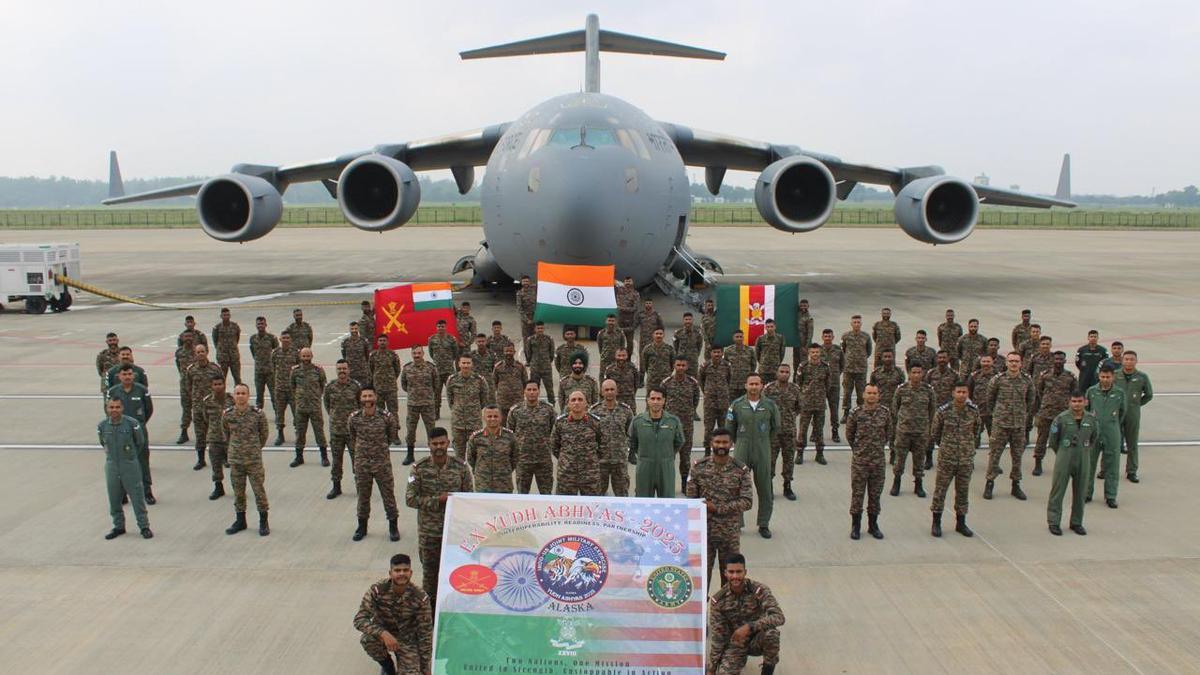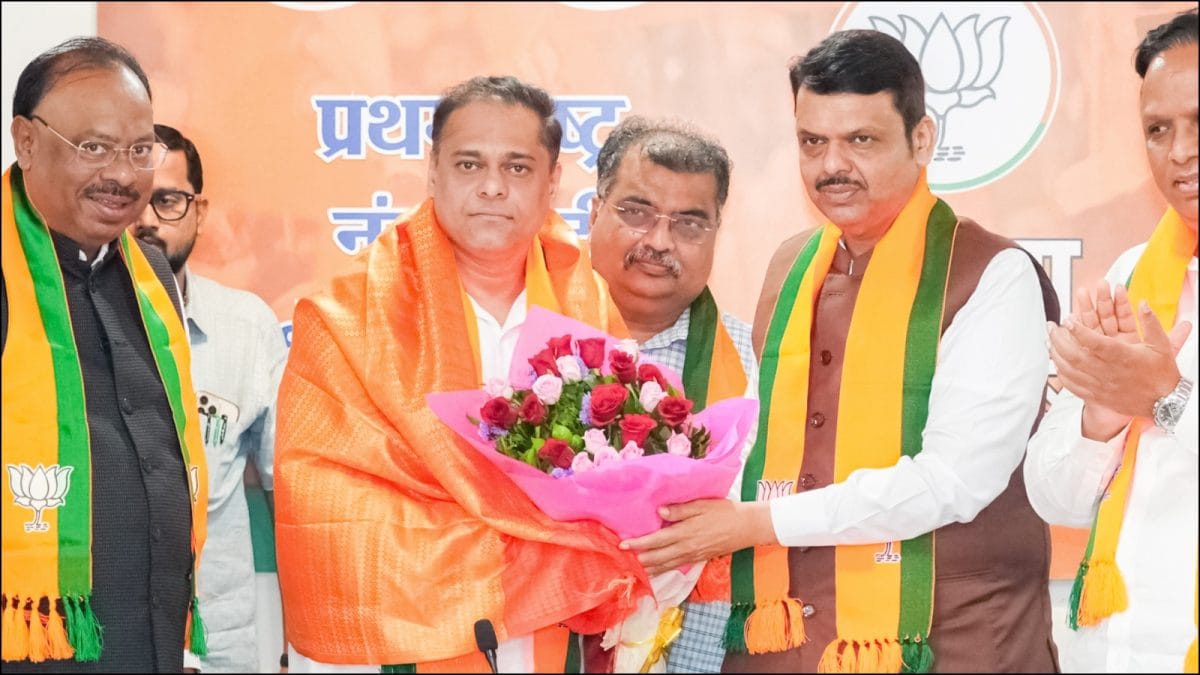Jammu and Kashmir (J&K) is in the grip of a drug crisis. Data from the Ministry of Social Justice and Empowerment found that in 2022, around 1.08 lakh men and 36,000 women in J&K reported using cannabis in 2022. About 5.34 lakh men and 8,000 women consumed opioids, 1.6 lakh men and 8,000 women used sedatives, and 1.27 lakh men and 7,000 women were addicted to inhalants.
While there is growing alarm over male addiction, women remain overlooked. While many women bear the brunt of drug use among male family members, a much smaller share of them — 7% of drug users in J&K in 2023, or roughly 62,000 individuals — have also turned to drugs for different reasons: due to acute anxiety and other mental health difficulties during periods of political unrest; losing husbands, sons, and brothers during conflicts; sustained periods of unemployment; marital issues; and gender-based pressures. Some women are reportedly used for drug peddling and are abused, sometimes sexually. Some are also introduced to drugs by their male friends and family members.
As women drug users are considered to be bringing shame and dishonour to their families, many of them are segregated in their communities. Further, there is no gender-sensitive infrastructure to support women drug users. According to the Ministry, out of the 46 addiction treatment facilities across India, only 10 are in J&K, and out of 340 rehabilitation centres nationwide, J&K has only one such centre. There is no women-only rehabilitation centre in the region. There are very few female counsellors — a crisis that is especially grave when we consider the stories of abuse. There is also no public space for women to speak openly about addiction. Where then will women seek help or even share their stories with one another?
The shame associated with being a drug user, compounded by the psychological toll of substance use, invisibilises women. Their trauma remains untreated because of social stigma and an indifferent system. This neglect is not accidental; it reflects a structural failure to recognise women as part of the addiction crisis and as having separate gender-based requirements during treatment and rehabilitation.
The growing trend of heroin addiction among the youth, particularly women, has been made possible by the unhindered supply of drugs from States in northern India and from across the border. Drug mafias have a close nexus with local dealers, which has precipitated the easy flow of drugs to addicts in the Valley. The government could break this nexus by increasing vigil on the highway at places such as Udhampur.
Also read | For Kashmiri women, drugs offer an escape route from anxiety, depression
The government has attached properties worth crores belonging to drug peddlers as a deterrent to dismantle the drug-supply network in the region. However, confiscating the properties of drug suppliers may condemn them to remain criminals forever. While it is imperative for the government to act tough against peddlers, seizing their properties, including homes, could have serious repercussions on their social and psychological well-being. Rehabilitation must be compassionate and grounded in humanistic care.
The unique character of the region has long sidelined women’s agency. The stigma surrounding women’s drug addiction has only deepened their misery. We need public awareness campaigns that present drug addiction as a disease — specifically as a chronic, relapsing brain disorder — rather than as a moral failure. Building women’s support groups within villages can help replace stigma with trust and solidarity. More gender-sensitive infrastructure is the need of the hour. J&K needs centres where female users are treated with privacy and empathy so that more women come forward for treatment. Rehabilitation facilities need proper funding and staffing to be effective centres of care and rehabilitation.
But for all of this to happen, it is crucial that the J&K government first recognises that drug addiction is a public health emergency that requires both government and community engagement. And that women drug users need proper and separate rehabilitation, including therapy, counselling, and a fair opportunity to recover and live a normal and dignified life.
Bilal Gani is faculty of Political Studies, Government Degree College Beerwah, J&K



.png)
.png)
.png)
















 2 hours ago
2
2 hours ago
2








 English (US) ·
English (US) ·